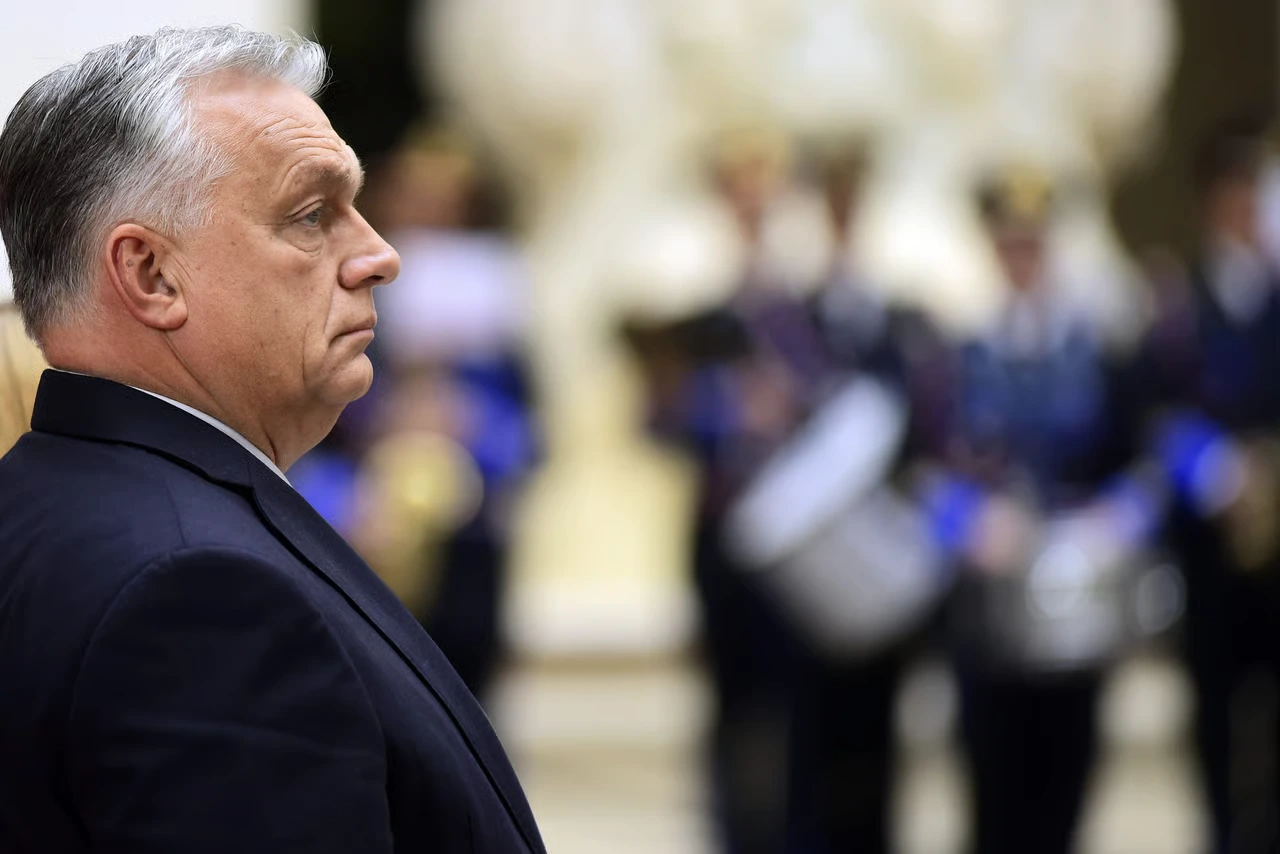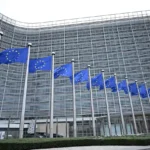Hungarian Prime Minister Viktor Orbán is seeking to join forces with Czechia and Slovakia to create a political bloc within the European Union that is skeptical of continued support for Ukraine.
According to Politico, the plans were revealed by the political director of Hungary’s Prime Minister Viktor Orbán — Balázs Orbán (a namesake of the prime minister).
Reviving the ‘Visegrad Spirit’ — Without Poland
As reported by Politico, Budapest aims to coordinate its positions with Bratislava and Prague ahead of European Council meetings, including holding joint pre-summit discussions. The goal is to develop a common line that is less oriented toward military and financial assistance to Kyiv and more focused on “dialogue with Moscow.”
“I think this alliance is inevitable — and it will become more and more visible,” said Balázs Orbán when asked about the prospects for forming an anti-Ukraine bloc in the European Council.
He recalled that a similar format had proved successful during the migration crisis, when the “Visegrad Four” — Hungary, Czechia, Slovakia, and Poland — stood united against mandatory migrant relocation schemes and advocated for stronger EU external borders.
At that time, Poland under Mateusz Morawiecki played the leading role, while the V4 promoted conservative, “pro-family” values and opposed Brussels’ centralizing policies.
However, after Russia’s full-scale invasion of Ukraine, the alliance fell apart: Warsaw adopted a strongly pro-Ukrainian stance, while Budapest moved in the opposite direction.
Now, a “Visegrad Three” — without Poland, led by the pro-Ukrainian Prime Minister Donald Tusk — could re-emerge on a different basis. Andrej Babiš, the right-wing populist whose party recently won Czechia’s parliamentary election, and Slovak Prime Minister Robert Fico share many of Orbán’s views. Both have called for renewed dialogue with Russia and opposed further economic pressure on Moscow.
The Czech foreign minister, however, warned in an interview with Politico that if such an alliance were formed, Babiš would “become Orbán’s puppet” at the European Council table.
Cautious Alignment Among Allies
Despite the apparent ideological overlap, turning this idea into a concrete alliance remains a challenge. Robert Fico, who returned as Slovakia’s prime minister in 2023, has not yet formalized cooperation with Budapest on foreign policy issues.
Andrej Babiš, though victorious, has yet to form a government.
Still, according to Balázs Orbán, uniting countries with similar views on the Ukrainian conflict is only a matter of time. He emphasized that Hungary seeks to strengthen its influence not only within the European Council but also across other EU institutions.
Expanding Alliances Beyond the Visegrad Group
The prime minister’s political director noted that Budapest is actively looking for new partners within the European Parliament as well. Viktor Orbán’s Fidesz party, a member of the far-right group Patriots for Europe, intends to build cooperation with the European Conservatives and Reformists (ECR), the far-right Europe of Sovereign Nations, and even “some leftist factions.”
He added that shifts may also occur within the EU’s political center:
“Mainstream parties like the European People’s Party could sooner or later turn against Ursula von der Leyen, destroying the centrist majority in the European Parliament,” Balázs Orbán said.
He also highlighted that Hungary has been developing its own intellectual and analytical infrastructure in Brussels. One key element is the Mathias Corvinus Collegium — a think tank funded by Orbán’s allies, which has expanded its Brussels presence since its launch in 2022.
“We already have the third-largest parliamentary faction in Europe, a network of think tanks — including a transatlantic dimension. We are looking for allies on every front,” he added.
Political Pressures Ahead of Hungary’s Election
Viktor Orbán faces a tough parliamentary election next year. According to Politico Poll of Polls, the opposition Tisza party, led by Péter Magyar, currently holds a lead over the ruling Fidesz.
Balázs Orbán acknowledged that the campaign will be “tough, as always,” blaming Brussels for what he called “a coordinated effort to push out the Hungarian government” and for “politically supporting the opposition.”
The European Commission, however, maintains that the freezing of EU funds for Hungary is based on rule-of-law violations, not political motives.
Asked whether Budapest still supports EU Health Commissioner Olivér Várhelyi, who has been accused by some media outlets of recruiting spies within EU institutions, Balázs Orbán replied:
“He’s doing a great job. These are just attempts to portray Hungary as a country disloyal to European institutions. But that’s not true. We are inside the club. We are part of Europe.”
This article was prepared based on materials published by Politico. The author does not claim authorship of the original text but presents their interpretation of the content for informational purposes.
The original article can be found at the following link: Politico.
All rights to the original text belong to Politico.


















